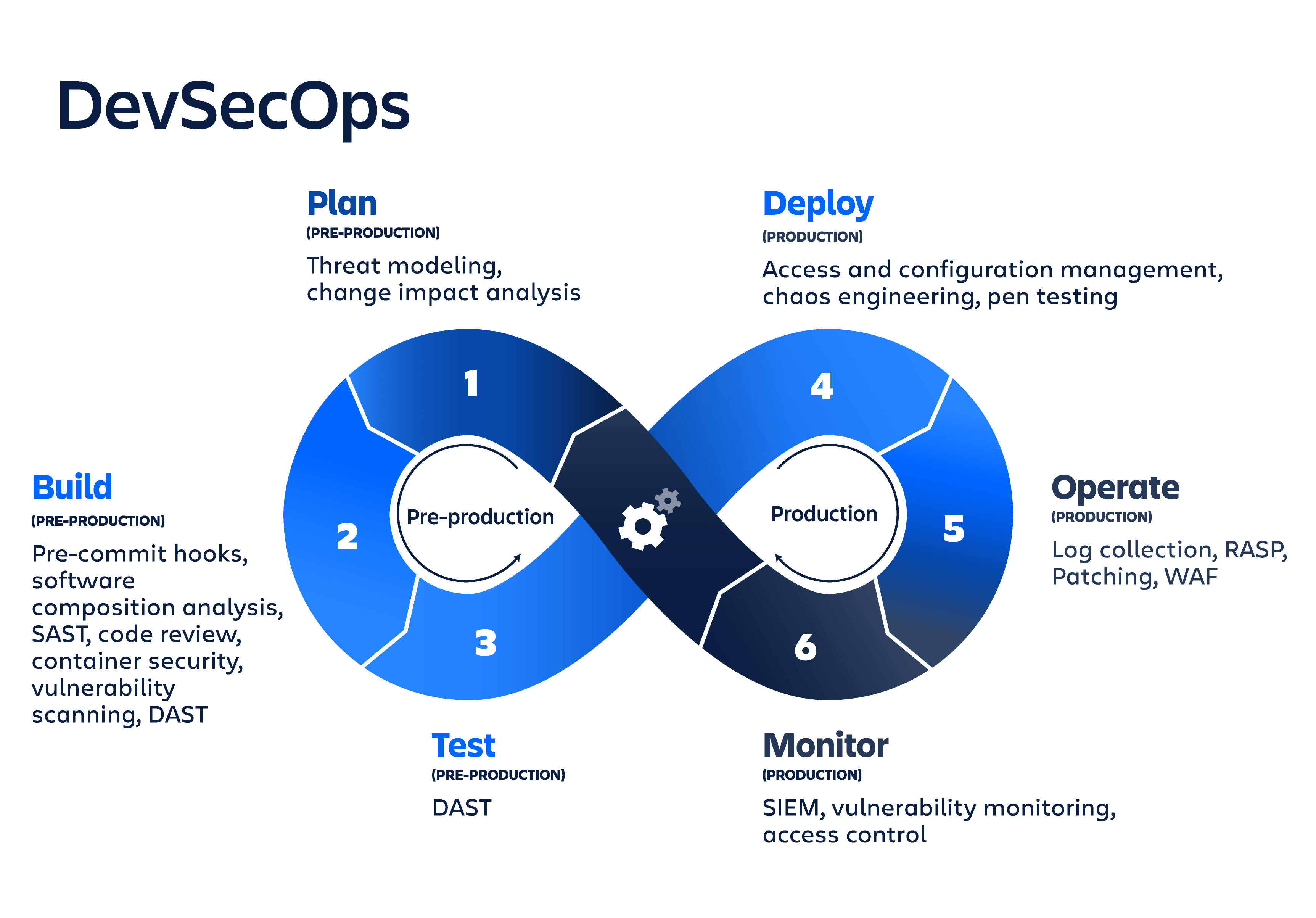The term "SEC" is a multifaceted acronym that carries different meanings across various fields, particularly in finance, education, and technology. When people come across SEC, they might wonder what it truly signifies and how it relates to their specific interests or industries. This article aims to delve into the meanings of SEC, exploring its significance in the financial world, its role in academic settings, and its impact in the tech industry.
As we unpack what does SEC mean, it is essential to recognize its primary association with the U.S. Securities and Exchange Commission, which plays a crucial role in regulating the securities industry. Additionally, SEC can refer to other organizations or concepts, depending on the context. By examining these different dimensions, we can gain a better understanding of the acronym and its implications in our daily lives.
Join us as we explore the various interpretations of SEC, answer common queries, and uncover the relevance of this acronym in diverse sectors. From regulations that protect investors to educational institutions that shape future leaders, the meaning of SEC is extensive and impactful.
What is SEC in the Financial Sector?
In the financial world, SEC primarily stands for the U.S. Securities and Exchange Commission. Established in 1934, the SEC is a government agency responsible for enforcing federal securities laws and regulating the securities industry. Its main objectives include ensuring transparency in the financial markets, protecting investors, and maintaining fair, orderly, and efficient markets.
What are the Key Functions of the SEC?
The SEC performs several critical functions to uphold its mission:
- Regulating Securities Markets: The SEC oversees securities exchanges, brokers, dealers, investment advisors, and mutual funds to ensure compliance with regulations.
- Enforcing Securities Laws: The agency has the authority to investigate violations of securities laws and impose penalties on those who engage in fraudulent activities.
- Protecting Investors: Through educational initiatives and investor resources, the SEC aims to empower individuals to make informed investment decisions.
- Promoting Capital Formation: By maintaining fair markets, the SEC facilitates capital formation for businesses, ultimately supporting economic growth.
What Does SEC Mean in Education?
In the educational context, SEC can refer to different organizations and concepts, such as the Southeastern Conference, which is a collegiate athletic conference in the United States. Schools in this conference are known for their competitive sports programs and academic excellence.
What is the Southeastern Conference (SEC)?
The Southeastern Conference (SEC) was founded in 1932 and comprises 14 member universities located primarily in the Southeastern United States. The SEC is renowned for its strong athletic programs, particularly in football, basketball, and baseball.
Member Institutions of the SEC
| University | Location |
|---|---|
| University of Alabama | Tuscaloosa, AL |
| University of Florida | Gainesville, FL |
| University of Georgia | Athens, GA |
| Louisiana State University | Baton Rouge, LA |
| University of Kentucky | Lexington, KY |
| University of Mississippi | Oxford, MS |
| University of South Carolina | Columbia, SC |
| Texas A&M University | College Station, TX |
| University of Tennessee | KNOXVILLE, TN |
| Vanderbilt University | Nashville, TN |
| University of Missouri | Columbia, MO |
| University of Arkansas | Fayetteville, AR |
| University of Texas | Austin, TX |
| University of Tennessee | Knoxville, TN |
What Does SEC Mean in Technology?
In the tech industry, SEC can refer to various concepts, such as "System Event Controller" or "Security Exchange." These terms relate to system management, security protocols, and data protection, showcasing the importance of SEC in ensuring efficient and secure technological operations.
What is the Role of SEC in Cybersecurity?
In the realm of cybersecurity, SEC often pertains to security measures that organizations implement to protect sensitive information and data. This includes:
- Implementing Security Protocols: Organizations must establish protocols to safeguard against cyber threats.
- Monitoring Network Activity: Continuous monitoring helps identify suspicious activities and potential breaches.
- Training Employees: Regular training equips employees with knowledge on recognizing security threats.
What are the Common Misconceptions About SEC?
Despite its widespread use, several misconceptions about SEC exist. Some people mistakenly believe that it only pertains to the financial sector, overlooking its importance in education and technology. Additionally, others may confuse SEC with similar acronyms, leading to misunderstandings about its true meaning.
How Can Understanding SEC Benefit You?
Grasping the various meanings of SEC can significantly benefit individuals in multiple ways:
- Financial Literacy: Understanding the role of the SEC in protecting investors can empower individuals to make informed investment choices.
- Academic Engagement: Familiarity with the SEC in education can enhance participation in collegiate sports and events.
- Cybersecurity Awareness: Awareness of SEC’s implications in technology can help individuals recognize the importance of cybersecurity in their personal and professional lives.
Conclusion: What Does SEC Mean for You?
In conclusion, the question of "what does SEC mean" opens a door to understanding a multifaceted acronym that impacts finance, education, and technology. Whether you are navigating the complexities of securities markets, following collegiate athletics, or enhancing cybersecurity measures, knowing what SEC stands for can empower you in various aspects of life. Ultimately, recognizing the diverse meanings and applications of SEC underscores its significance in shaping our world.
You Might Also Like
Discover Your Dream Ride: Motorcycles For SaleCounting The Days: How Long Until Christmas?
Unveiling The Fascinating World Of Red Dye Bugs
George Burns: The Eternal Comedian Who Captivated Generations
Mastering The Art Of Bluffing: Strategies And Insights
Article Recommendations
- How Old Is Kris Jenner
- Marvin Agustin
- Charlie Sheen And Brothers
- What Really Happened To Bob Saget
- Taylor Heinicke Girlfriend
- Robert Downey Jr Daughter
- Daria Medvedeva
- Jimmy Butler Emo
- Is Simon Cowell Alive
- Kit Bernard Foster


